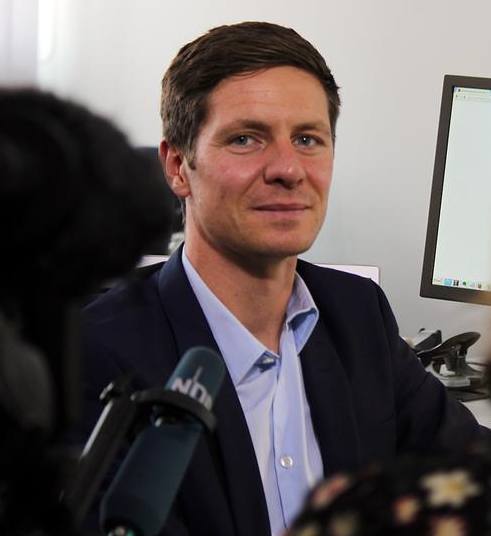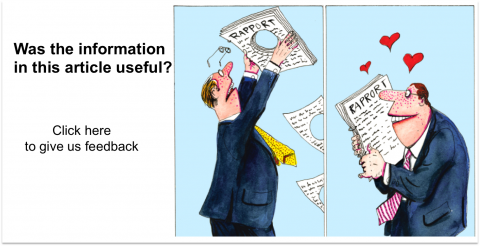- It was a mild Sunday in early April 2016 that changed my perspective on investigative reporting forever. At exactly 8 pm, the story we’ve been working on in secret for so long, broke: The Panama Papers.
Written by Jan Lukas Strozyk* (photograph on the right)
 The data set which was initially leaked to Süddeutsche Zeitung and then shared with us and other ICIJ members immediately made headlines all around the world. There were Putin’s friends and their billion-dollar transactions. There was the Icelandic prime minister, eventually forced to resign. There were 500 banks all around the world, entangled in a web of more than 15.000 offshore companies that they registered or worked with for wealthy customers. And there was much more. But behind all that, there was in particular a lot to learn about modern investigative journalism.
The data set which was initially leaked to Süddeutsche Zeitung and then shared with us and other ICIJ members immediately made headlines all around the world. There were Putin’s friends and their billion-dollar transactions. There was the Icelandic prime minister, eventually forced to resign. There were 500 banks all around the world, entangled in a web of more than 15.000 offshore companies that they registered or worked with for wealthy customers. And there was much more. But behind all that, there was in particular a lot to learn about modern investigative journalism.
Sobering moments
My journey began roughly a year earlier. I was working with NDR’s investigative unit, as I am still today. It was my task to sift through long lists of names and addresses in order to find individuals that might be worth reporting. The data was messy and I did it by hand. I had no idea what to do, other than turn my mouse wheel, look at each line and mark it red or green, depending on what I saw. Eventually, I turned one of my two computer monitors upright to make the endless scrolling more convenient - a sobering moment.
The advantages of teamwork
It was with the help of my colleagues all around the world, that we turned a pile of files, 2.6 Terabyte in total, into actual stories. And, initially, it was thanks to the acumen of our colleagues at Süddeutsche Zeitung that we had the chance to work on the biggest leak journalists ever unearthed as a global joint investigation. If they’d decided to go alone, the Panama Papers in that form would never have seen the light of the day. Unprecedented in many ways, it changed the way I work as investigative journalist fundamentally: The times of lone-wolf reporters are over. Teamwork is everything.
Learnings for the next project
In a few weeks, the Panama Papers publication will see its 2-year anniversary. Many cases are still open, many questions unanswered. It is, in some way, still an ongoing story. And we’ve seen another big joint investigation hit the headlines around the world: The Paradise Papers. I was lucky enough to participate in this investigation as well and I can confidently says that the cumbersome research process was easier this time, because we had established work flows that we could follow. And it will be even easier the next time, I hope.
The revolution will be digitized
Or, as John Doe, the anonymous source of the Panama Papers put it in a statement: “Historians can easily recount how issues involving taxation and imbalances of power have led to revolutions in ages past. (…) Yet we live in a time of inexpensive, limitless digital storage and fast internet connections that transcend national boundaries. It doesn't take much to connect the dots: from start to finish, inception to global media distribution, the next revolution will be digitized. Or perhaps it has already begun.”
* This article was written by Jan Lukas Strozyk and is part of a project "It happens overnight" funded by Fritt Ord.
Jan Lukas Strozyk is an investigative journalist working with Norddeutscher Rundfunk, a German public news broadcaster. His main field of interest is business reporting, with a strong focus on the financial industry, money laundering and tax cases. He specializes in data driven reporting and analysis of large data sets. He is a member of the ICIJ and reported, among other projects, the Panama Papers and Paradise Papers.

